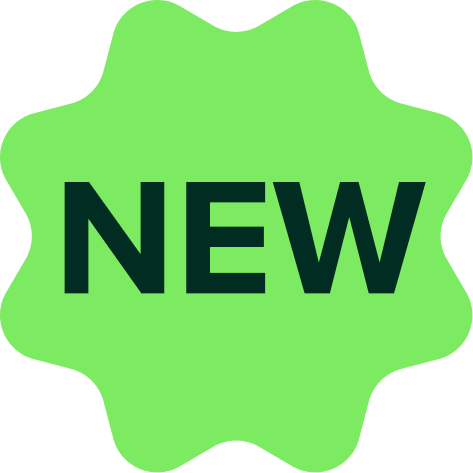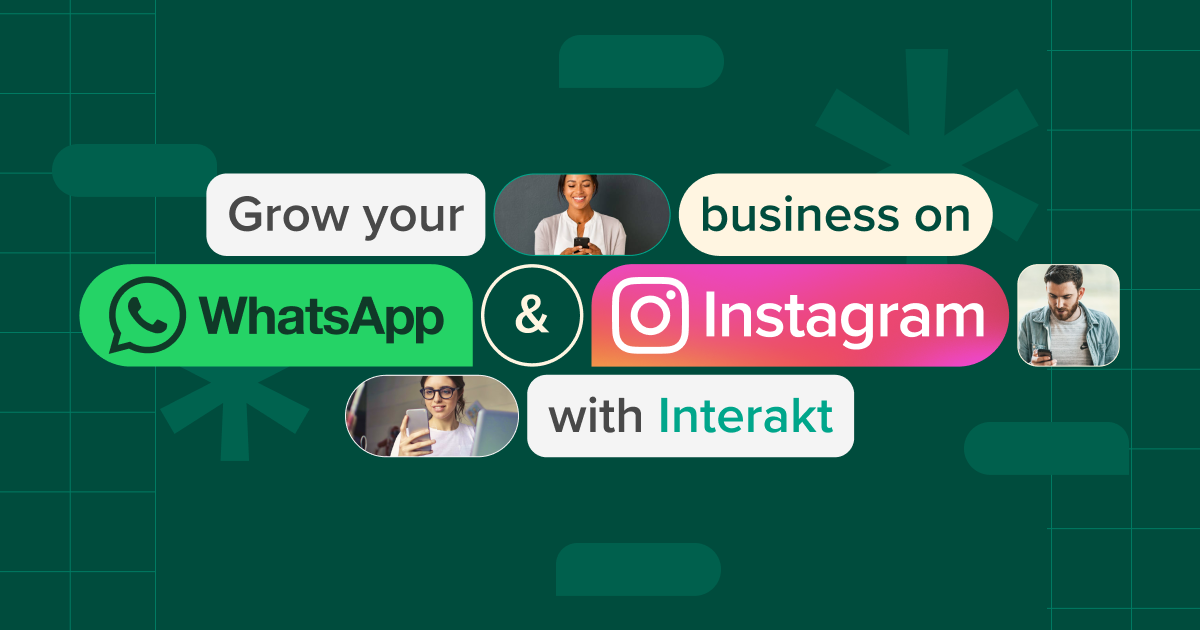Due to the centrality of timely communication in the healthcare industry, there is a need for a digital communication channel that offers directness, speed, and efficiency. This is why WhatsApp as a communication platform becomes the best candidate for healthcare providers and organizations to interact with patients.
Let us take a closer look into the ways of leveraging and benefitting from WhatsApp Business API to improve patient communication in healthcare.
Benefits of WhatsApp in healthcare communication
Some of the major benefits of using WhatsApp in healthcare include:
Instant and direct communication
WhatsApp, across industries, is majorly preferred as it enables real-time communication, allowing faster responses to patient inquiries, appointment requests, follow-ups, and more.
Improved appointment scheduling
Healthcare providers can reduce no-shows and patient churn by automating booking and sharing timely reminders with patients.
Secure and encrypted messaging
With end-to-end encryption, WhatsApp ensures secure communication for appointment confirmations, health tips, follow-up instructions, etc., all the while maintaining patient confidentiality.
Cost-effective patient engagement
WhatsApp helps eliminate reliance on costly phone calls and SMS for communication by enabling automated responses and chatbots to handle queries.
Remote healthcare support
WhatsApp features such as video calls, chat, document sharing, voice notes, voice calling, etc., can facilitate telemedicine, making healthcare more accessible to remote patients and those who are facing challenges concerning mobility.
Ways to use WhatsApp for healthcare communication
Here are some of the major ways in which businesses can carry out patient engagement with WhatsApp:
Appointment booking and reminders
One highly impactful way of using WhatsApp for healthcare communication is for sharing automated appointment scheduling and reminders. By streamlining patient scheduling, healthcare providers can ensure better time management and allow patients to reschedule or cancel appointments with ease through WhatsApp.
A good example of this in action is from Taal Healthcare, which, by automating appointment reminders and post-consultation follow-ups, was able to improve patient engagement by 50%.
Prescription and medical reminders
Patients can be nudged towards adhering to their medication intake and prescriptions by sharing regular, timely reminders. This can help motivate patients to follow their treatment plans without missing any doses, which further ensures better health outcomes.
Telemedicine and virtual consultations
WhatsApp video calls or document sharing can be used to enable remote consultation, which can help patients easily connect with doctors without having to visit a clinic. This can be vital to aid patients in chronic disease management or those with minor ailments.
Patient education and awareness
Another effective use case for WhatsApp in the healthcare sector is to provide customers with educative content and spread awareness regarding diseases, conditions, and ideal healthcare practices. Clinics can share, for instance, verified medical advice, seasonal health alerts, wellness recommendations, etc., to enhance patient engagement.
Emergency assistance and quick consultations
Instant communication and assistance can build or destroy patient trust in times of emergencies. In such cases, WhatsApp can allow patients to quickly reach healthcare providers and gain initial guidance before directly seeking care in person. These swift responses can help manage these minor emergencies while providing customers with necessary instructions and reassurance.
Secure patient record sharing
WhatsApp offers end-to-end encryption, which means healthcare providers can use the platform to securely share diagnostic reports, test results, medical documents, etc. This makes for a highly streamlined, confidential, and secure communication.
Best practices for healthcare providers using WhatsApp
When using WhatsApp to improve patient communication in healthcare, there are a few good practices that need to be followed to ensure effectiveness:
Ensure compliance with healthcare regulations
Healthcare providers should strictly adhere to data protection laws such as HIPAA and GDPR when using WhatsApp for healthcare communication to safeguard patient information. As a rule, always prioritize patient consent and secure messaging policies for compliant, trustable communication.
Use WhatsApp Business API for security and scalability
The WhatsApp Business API offers features such as access control, encryption, and automation capabilities, which make it ideal for handling larger volumes of queries. Leverage this to maintain secure and efficient communication even as the number of patient conversations increases.
Train healthcare staff
Educate your healthcare staff on important privacy policies, professional communication, and handling patient interactions to ensure that they are capable and prepared to use the channel for effective communication.
Leverage chatbots for routine responses
Implement AI-powered chatbots to streamline responses to common patient queries, such as appointment availability, basic health advice, prescription refilling, etc.
Monitor and analyze
Keep track of key metrics like response times, patient engagement, satisfaction scores, etc., to refine messaging strategies and improve the overall efficiency of your healthcare communication.
Challenges and solutions in WhatsApp healthcare communication
Below are some of the major challenges that are commonly faced when using WhatsApp in healthcare communication:
Data privacy concerns
Protecting patient data and complying with regulations like GDPR and HIPAA can be a major challenge for healthcare providers when using WhatsApp. So, implementing end-to-end encryption, strict access controls, and mechanisms to collect patient consent should be prioritized.
Managing high patient volume
Handling a high amount of patient queries can over-encumber the staff. Healthcare organizations and providers need to automate routine tasks such as appointment scheduling, sharing reminders, responding to FAQs, etc., with AI-powered chatbots while maintaining a balance with human touchpoints.
Avoiding miscommunication and misinformation
Inaccurate and unclear messages can lead to confusion and can have drastic repercussions in the healthcare sector. For this reason, standardization of message templates for prescriptions, reminders, updates, etc., is necessary to maintain accuracy and clarity.
Integrating WhatsApp with hospital systems
Lack of integrations can cause delays in patient management; hence, syncing WhatsApp with EHR and CRM systems is important, as it can help automate updates, provide real-time access to patient history, and streamline staff and patient communication.
Conclusion
Effective and timely communication has a pivotal role to play in healthcare as the wellbeing of the patients can often depend on it. To deliver this, WhatsApp Business API and the advanced features it unlocks, is a necessity.
Start leveraging the WhatsApp Business API for streamlined, real-time healthcare communication.





